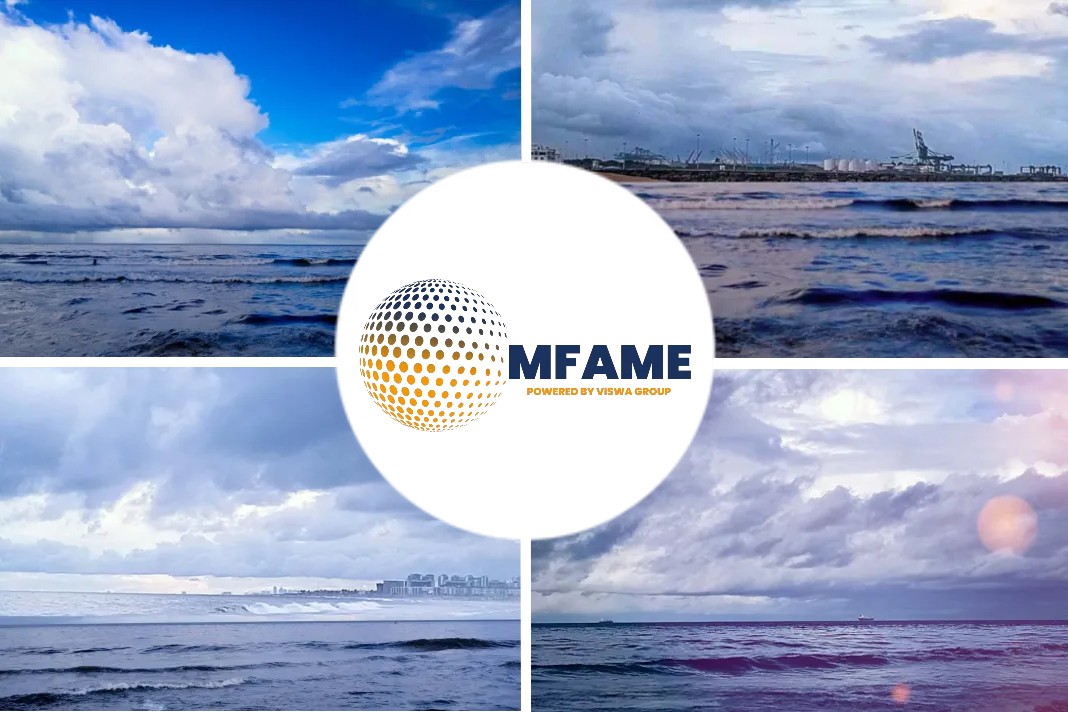BIMCO’s 2020 Bunker Clause working group is pushing hard to finish work on two key clauses addressing the global switch to 0.5% sulphur content fuel on 1 January 2020.
2020 Transitional Fuel Clause
The “2020 Global Marine Fuel Sulphur Content Clause”, which is a general compliance provision, will be put forward for adoption by BIMCO’s Documentary Committee on 13 November. The drafting team has also prepared a first draft of a clause dealing with the transition to 0.5% sulphur content – the “2020 Transitional Fuel Clause”.
The 2020 Transitional Fuel Clause will be discussed by BIMCO’s Documentary Committee on 13 November.
The two key clauses
“The feedback provided by the Committee will be used to further refine the clause immediately afterwards. Furthermore, the sub-committee will ask the Documentary Committee to fast track the clause with the aim to issue the 2020 Global Marine Fuel Sulphur Content Clause and the 2020 Transitional Fuel Clause together as a package”, said BIMCO’s Head of Contracts and Clauses, Grant Hunter.
At the core of the 2020 Global Marine Fuel Sulphur Content Clause is an obligation on owners and charterers to comply with the sulphur content requirements of MARPOL Annex VI. Fuels supplied by the charterers have to meet not only the MARPOL Annex VI requirements, but also the specifications and grades set out in the charter party. Importantly, the charterers must also use bunker suppliers and barge operators who will comply with MARPOL requirements throughout the supply chain.
Owner and charter cooperation is essential
The 2020 Transitional Fuel Clause recognises that owners and time charterers will have to cooperate in the run up to 1 January 2020 to manage fuel supplies to minimise the amount of non-compliant fuel on board the ship on the coming into force date.
Any non-compliant fuel on board belonging to the charterers after 1 January 2020 will need to be discharged from the ship and disposed of at charterers’ risk, time and cost latest by the 1 March 2020 carriage ban date, or by the redelivery date – whichever comes first. It will be the owners’ responsibility to clean empty fuel tanks to prepare them to receive 0.5% sulphur content fuel.
The clause emphasises the need for cooperation in planning and preparation to ensure a smooth as possible transition to the new low sulphur fuel.
Compatibility issues
A requirement to segregate fuels of different grades is a common provision in most time charter parties. However, there are concerns that new 0.5% sulphur content fuel may have compatibility issues even between stems produced by the same oil company.
To minimise the risk of incompatibility between stems of 0.5% sulphur fuel, the clause requires each supply of fuel to be kept separate – even if it is of the same grade and specification.
Diverse team ensures a broad perspective
The drafting team met in London on Monday 29 October and were joined by representatives from INTERTANKO.
“We recognise the importance of trying to work together to produce clauses that both organisations can stand behind. We also believe that a diverse team is very important to ensure a broad perspective on all issues”, said Hunter.
The team
The team is drawn from a wide spectrum of interests and includes owners, charterers, fuel suppliers, P&I Clubs and lawyers. The team is Peter Eckhardt, F Laeisz, Germany (Chairman); Nicola Ioannou, Ocean Fleet, Greece; Dimitrios Los, Vontrados, Greece; Daniel Chu, Navig8, UK; Ann Shazell, Cargill Ocean Transportation, Switzerland; Rob Crees, World Fuel Services, UK; Tiejha Smyth, NEPIA, UK, Paul Dean/Alessio Sbraga, HFW, UK. INTERTANKO was represented by Michele White, general counsel, and Claire Georgeson, Commercial and Markets Manager. Technical guidance is provided by Lars Robert Pedersen, Deputy Secretary General for maritime technology and regulation at BIMCO.
Did you subscribe for our daily newsletter?
It’s Free! Click here to Subscribe!
Source: BIMCO



















